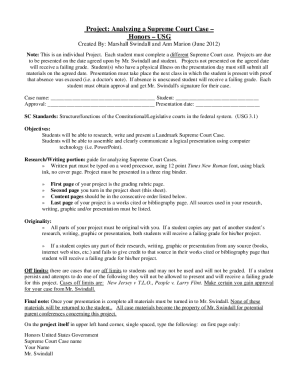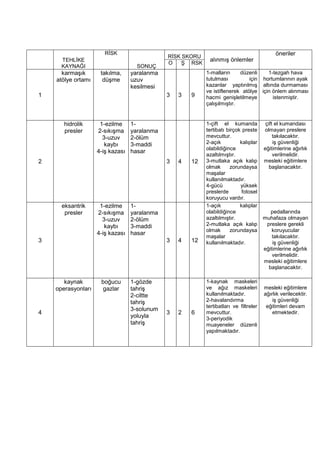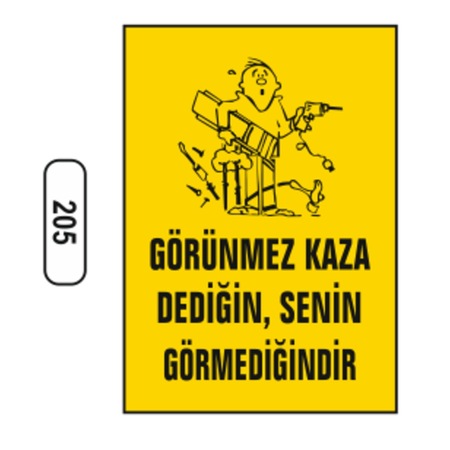Trans Rights And Gender-Critical Views: Analyzing The Supreme Court Decision's Impact

Table of Contents
The Supreme Court's Ruling: A Detailed Overview
The Bostock v. Clayton County decision held that discrimination based on sexual orientation or gender identity is a form of sex discrimination prohibited by Title VII. The Court's majority opinion focused on the plain meaning of the statute, arguing that discrimination because someone is homosexual or transgender is necessarily discrimination because of their sex. The justices reasoned that an employer who fires an employee for being homosexual or transgender is making an employment decision based on sex.
-
Key Legal Arguments: The majority opinion emphasized the text of Title VII, rejecting arguments that the law's framers didn't intend to include sexual orientation and gender identity. The dissenting justices argued that such an interpretation fundamentally alters the meaning of the law and infringes upon the authority of Congress to legislate on this issue.
-
Specific Legal Precedents: The ruling relied on existing precedents interpreting Title VII's broad prohibition of sex discrimination. The Court built upon prior case law that established a wide scope for the anti-discrimination provisions.
-
Key Phrases from the Decision: Phrases such as "an individual's homosexuality or transgender status" being "inextricably linked to sex" were central to the majority opinion. The dissenting opinions, however, highlighted the lack of explicit mention of gender identity or sexual orientation in the original text, arguing the ruling constitutes judicial legislation.
-
Dissenting Opinions: The dissenting justices argued that the majority's interpretation stretches the meaning of Title VII beyond its original intent and improperly usurps the role of Congress in defining protected categories. They raised concerns about the unintended consequences of the ruling for religious freedom and other societal issues.
Impact on Transgender Rights and Protections
The Bostock decision significantly strengthens legal protections for transgender individuals in the workplace. This ruling has immediate implications for employment opportunities, access to benefits, and protection from harassment and discrimination. However, its full impact is still unfolding and will likely be shaped by subsequent litigation and legislative actions.
-
Impact on Anti-Discrimination Laws: The decision confirms that existing anti-discrimination laws extend to gender identity, providing a strong legal basis for challenging discriminatory practices. This has led to an increased number of legal actions and complaints regarding workplace discrimination against transgender employees.
-
Access to Essential Services: The ruling's impact extends beyond employment, influencing access to healthcare, housing, and public accommodations. This has implications for transgender individuals seeking services that previously faced barriers due to discrimination.
-
Potential Scenarios Affected: This ruling potentially affects scenarios including bathroom access in workplaces and public places, the right to be addressed by one's chosen name and pronouns, and the provision of gender-affirming healthcare in employment settings.
-
Strengthening or Weakening Protections: While generally strengthening protections, the ruling's long-term impact depends on implementation and enforcement. Future court cases will clarify the specifics of how this decision applies in diverse situations. Additionally, legislative efforts could potentially weaken these protections in some areas.
Gender-Critical Views and the Supreme Court Decision
Gender-critical views, often rooted in a belief that sex is determined solely by biological factors, hold concerns about the implications of the Bostock decision. Many gender-critical individuals argue that this ruling undermines women's rights and erodes sex-based protections. These concerns stem from their interpretations of the impact on sex-segregated spaces and policies.
-
Key Concerns Raised: Concerns include the potential erosion of women-only spaces, such as shelters and prisons, as well as the perceived impact on women's sports and other areas traditionally designated by sex. There are also concerns about the impact on freedom of speech and expression related to gender identity.
-
Impact on Women's Rights (as argued by gender-critical perspectives): Gender-critical activists argue the decision jeopardizes the concept of sex-based rights, diluting protections specifically aimed at addressing the historical and ongoing inequalities faced by women. They assert this could lead to a blurring of categories, which diminishes the specificity of efforts to address female-specific needs and vulnerabilities.
-
Intersection of Trans Rights and Feminist Viewpoints: The Bostock decision highlights the complex and often fraught intersection between trans rights advocacy and certain branches of feminist thought. The debate points towards the need for nuanced discussions about inclusivity, equality, and the meaning of rights in the context of gender identity.
Societal Implications and Future Legal Challenges
The Bostock decision’s societal impact is far-reaching and multifaceted. It has intensified the ongoing cultural debate surrounding gender identity, raising questions about inclusivity, equality, and the interpretation of legal protections. Future legal challenges and appeals are inevitable.
-
Impact on Public Opinion: The decision has further polarized public opinion on issues relating to transgender rights and gender identity, creating a complex landscape of differing viewpoints and interpretations of the ruling.
-
Ongoing Debate on Gender Identity: The Supreme Court's ruling does not definitively settle the debate surrounding gender identity, but rather serves as a focal point for continued discussion and legal battles. The impact on public policy surrounding transgender rights continues to evolve.
-
Potential Legislative and Judicial Responses: The decision's impact could prompt legislative efforts to clarify or modify existing anti-discrimination laws, leading to ongoing legal challenges and reinterpretations of the ruling itself.
Conclusion
The Supreme Court's decision in Bostock v. Clayton County has profound and lasting implications for transgender rights and the broader societal conversation around gender identity. This Trans Rights Supreme Court Decision has significantly broadened legal protections for LGBTQ+ individuals, impacting employment, healthcare, and other essential services. However, the ruling also highlights the ongoing tension between the advocacy for trans rights and gender-critical perspectives. This complexity underscores the need for continued dialogue, respectful debate, and thoughtful consideration of the far-reaching implications of this landmark decision. Understanding the nuances of this Trans Rights Supreme Court Decision is crucial for informed civic engagement. Continue to research, engage in respectful dialogue, and advocate for policies that promote equality and justice for all. Stay informed about future legal developments and continue the important work towards a more inclusive and equitable future for everyone.

Featured Posts
-
 Adhd Fhi Funn Om Medisinens Effekt Pa Skoleprestasjoner
Apr 29, 2025
Adhd Fhi Funn Om Medisinens Effekt Pa Skoleprestasjoner
Apr 29, 2025 -
 Firmenfeier Tgi Ag Kitzbuehel Als Schauplatz Fuer Den Weg In Die Zukunft
Apr 29, 2025
Firmenfeier Tgi Ag Kitzbuehel Als Schauplatz Fuer Den Weg In Die Zukunft
Apr 29, 2025 -
 Trumps First 100 Days Part 2 Trade Deregulation And The Impact Of Executive Orders
Apr 29, 2025
Trumps First 100 Days Part 2 Trade Deregulation And The Impact Of Executive Orders
Apr 29, 2025 -
 Nyt Spelling Bee February 26th Puzzle 360 Hints Answers And Solutions
Apr 29, 2025
Nyt Spelling Bee February 26th Puzzle 360 Hints Answers And Solutions
Apr 29, 2025 -
 One Killed Six Wounded In North Carolina University Shooting
Apr 29, 2025
One Killed Six Wounded In North Carolina University Shooting
Apr 29, 2025
Latest Posts
-
 Goeruenmez Tehlike Nevsehir De Yueksekten Duesme Kazasi Detaylari
Apr 30, 2025
Goeruenmez Tehlike Nevsehir De Yueksekten Duesme Kazasi Detaylari
Apr 30, 2025 -
 Nevsehir De Kayma Kazasi Yueksekten Duesme Sonucu Meydana Gelen Olay
Apr 30, 2025
Nevsehir De Kayma Kazasi Yueksekten Duesme Sonucu Meydana Gelen Olay
Apr 30, 2025 -
 Yueksekten Duesme Kazasi Nevsehir De Goeruenmeyen Tehlike
Apr 30, 2025
Yueksekten Duesme Kazasi Nevsehir De Goeruenmeyen Tehlike
Apr 30, 2025 -
 Intsident V Tyumeni Obrushenie Gorki I Otkaz Postradavshikh Ot Pomoschi
Apr 30, 2025
Intsident V Tyumeni Obrushenie Gorki I Otkaz Postradavshikh Ot Pomoschi
Apr 30, 2025 -
 Nevsehir De Olusan Goeruenmez Kaza Yueksekten Duesme
Apr 30, 2025
Nevsehir De Olusan Goeruenmez Kaza Yueksekten Duesme
Apr 30, 2025
